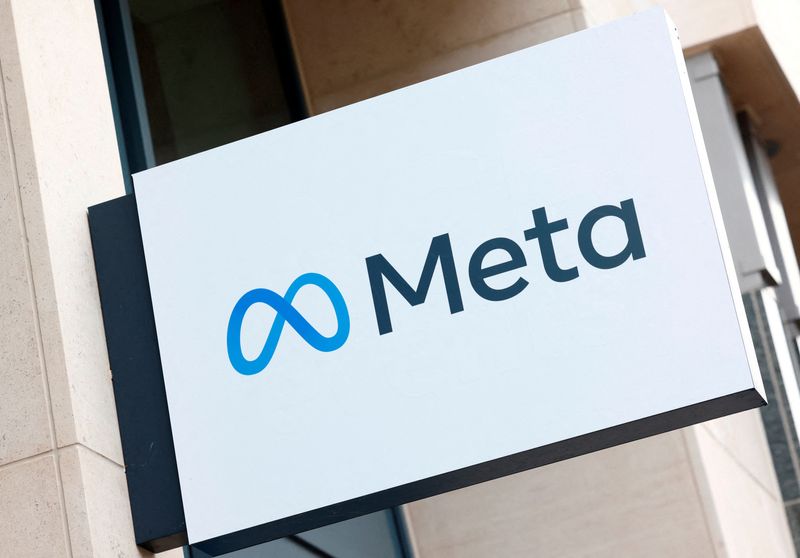
Consumer rights groups across Europe have lodged complaints against Meta’s controversial data policy, which offers users in the European Union a choice between paying for an ad-free experience or consenting to data tracking for targeted advertising. The complaints, filed under the EU’s data protection regulations, challenge Meta’s “consent or pay” model, arguing that it fails to meet legal standards for consent and violates privacy rights.
Coercive Data Policy
Meta’s policy, implemented last year, requires EU users to either pay a subscription fee to opt out of targeted advertising or agree to data tracking for ad personalization. Critics argue that this “pay-or-consent” model coerces users into surrendering their privacy rights by making the alternative option financially burdensome.
Legal Basis and GDPR Violations
The consumer rights groups assert that Meta’s data processing practices lack a valid legal basis under the General Data Protection Regulation (GDPR). They accuse Meta of breaching GDPR principles such as purpose limitation, data minimization, fair processing, and transparency. The company’s failure to provide clear information about data processing and the coercive nature of its consent mechanism undermine users’ rights and autonomy.
Pressure for Regulatory Action
The complaints signal growing pressure on EU regulators to address privacy concerns related to tech companies’ data practices. If found in violation of GDPR regulations, Meta could face penalties of up to 4% of its global annual turnover and regulatory orders to cease unlawful processing activities. The European Commission is also empowered to enforce compliance with the Digital Services Act (DSA) and Digital Markets Act (DMA), which impose additional obligations on platforms regarding consent and data processing for advertising purposes.
Implications for Meta’s Business Model
The legal challenges against Meta’s data policy could have far-reaching implications for its business model in the EU. As regulatory scrutiny intensifies, Meta may be compelled to reconsider its approach to data collection and targeted advertising. The outcome of these complaints and potential enforcement actions will shape the future landscape of online privacy and digital rights in the European Union.
Conclusion
The complaints filed by EU consumer rights groups underscore the importance of protecting user privacy and ensuring compliance with data protection regulations in the digital age. Meta’s “consent or pay” model has sparked controversy and raised fundamental questions about the balance between commercial interests and individual rights. As regulatory authorities assess the legality of Meta’s data practices, the resolution of these complaints will be closely watched by stakeholders across the tech industry and beyond.
For more insights and updates, visit our KI Design blog here.
Stay connected with us on Twitter for the latest news and discussions.





